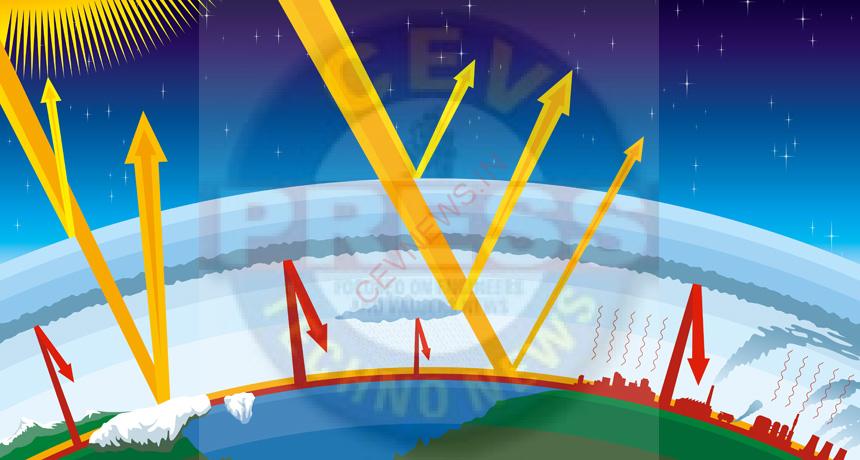GLOBAL POSITIONING SYSTEM(GPS)- ALL YOU NEED TO KNOW
GPS stands for Global Positioning System. It is a highly accurate navigation system using signals from satellites to determine a location on the Earth’s surface, irrespective of weather conditions.
It is dependent on satellites high above the Earth which transmit signals containing the time and location of the satellite. Any ground-based receiver which receives signals from four or more GPS satellites can use navigation equations to calculate its location on the Earth’s surface. Constant signaling can then update speed and direction information for moving receivers.
GPS was originally developed for military use but since the 1990s has been open for civilian use and is now used in such common applications as mobile phones, car navigation systems, and of course surveying and mapping.
Applications of GPS in land surveying
Land surveying is a profession or a technique for determining 3d points, distances, and angles. These points or positions are usually on the earth’s surface for establishing boundaries or maps for ownership. Besides, land surveyors use tools such as GIS, GPS, drones, total stations, 3Dscanners, digital levers, and surveying software. GPS stands for global positioning system and it’s very important when it comes to land surveying.
Almost all surveying tools come integrated with a GPS. This allows surveys to complete tasks easily and fast. Besides, GPS provides the most accurate survey data compared to all other systems.
Determining a position
GPS tools such as static GPS baseline and real-time kinematic are used to determine coordinates that help surveyors to mark positions. Without GPS positioning would be very difficult. Tools such as the total stations can be incorporated with the GPS to help in positioning. However, a clear sky is requisite for GPS to operate well.
Monitoring the movement of an object or a person
Using special GPS devices you can monitor the movement of an object or a person. Surveyors track movements when taking measurements so it is very important in this field. Tracking also helps the experts to determine distances without having to measure them manually. This makes their work much easier hence they can cover a large are faster.
Navigation
GPS is the most important system when it comes to navigation. Surveyors use GPS as they navigate to different new places. It helps to identify the shortest and most accurate routes to the provided places. It’s very hard to navigate in a new place without a helper or a GPS.
Advantages of Global Positioning System (GPS)
- Using geodetic receivers, point positioning to an accuracy of 1 cm can be displayed by the user equipment.
- GPS Survey can be carried out in any kind of weather – rain, fog or poor visibility without any hindrance during day or night.
- There is no need for intervisibility of stations or points surveyed and hence control stations can be located advantageously.
- Global Positioning System together with Geographical Information System is a dynamic and spatially related information capable of processing and routing and weapons aiming.
Disadvantages of Global Positioning System (GPS) :
- High cost of GPS survey comes in the way of realizing the full potential of this surveying.
-
Difficulties in defining datum heights with reference to mean sea levels and real time data processing and control are also part of the process.

